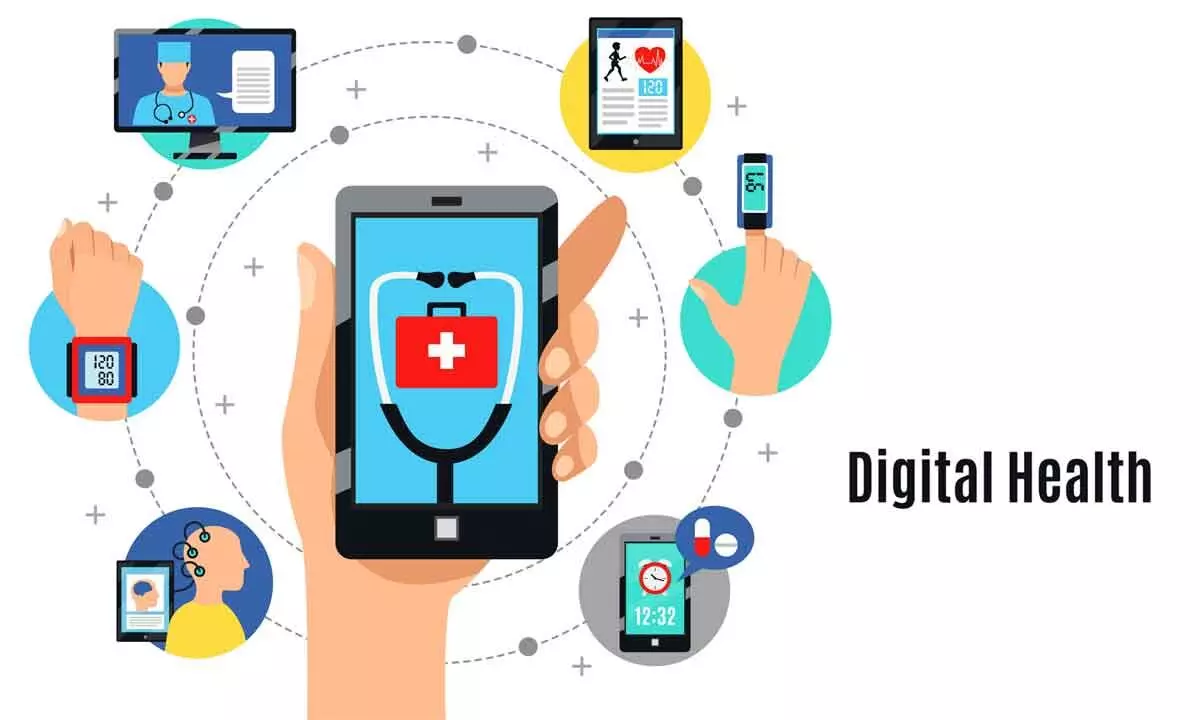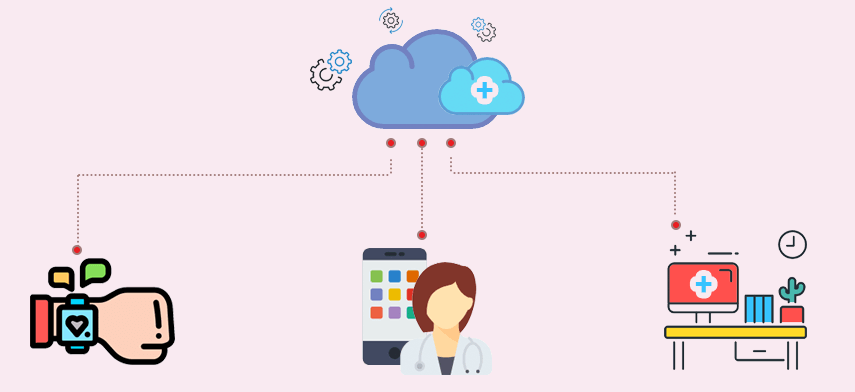Doccure – Making your clinic painless visit?
- Mar 06, 2023
- Urology
The Role of Online Healthcare Services in Addressing Healthcare Disparities
Healthcare disparities refer to differences in access to and quality of healthcare services between various population groups. The COVID-19 pandemic has only exacerbated these disparities, making it more imperative than ever to find innovative solutions to address them. One such solution is the increasing use of online healthcare services. In this blog, we will explore the role that online healthcare services can play in addressing healthcare disparities and the potential benefits and challenges associated with this approach.
What are Healthcare Disparities?
Healthcare disparities are differences in access to and quality of healthcare services between various population groups. These disparities can be driven by a variety of factors, including race, ethnicity, gender, income, education, geographic location, and language barriers. These differences can result in unequal health outcomes and reduced quality of life for certain populations.
The COVID-19 pandemic has only further highlighted the existence of healthcare disparities and the need for solutions to address them. Populations that are historically marginalized, such as communities of color and low-income populations, have been disproportionately affected by the pandemic.
The Benefits of Online Healthcare Services
One potential solution to address healthcare disparities is the increasing use of online healthcare services. Online healthcare services, such as telemedicine and virtual health clinics, can provide improved access to healthcare for populations that have traditionally faced barriers to care.
Improved Access to Care
Online healthcare services can provide improved access to healthcare for populations that have traditionally faced barriers to care. For example, those living in rural or low-income areas may struggle to find a doctor and other medical services due to geographic distance or cost. Online healthcare services reduce these challenges by providing convenient access from home. Additionally, online healthcare services can be used to bridge language barriers, as many providers offer translation services and patient education materials in a variety of languages. Improved access leads to better health outcomes for traditionally underserved communities that often lack the resources necessary to get adequate care.
Increased Quality of Care
In addition to improving access, online healthcare services can also increase the quality of care provided. For example, telemedicine visits allow physicians to connect with patients in real time, allowing them to assess a patient’s condition more accurately than they would be able to through a traditional visit. Additionally, virtual health clinics can provide connected care services that allow patients and healthcare providers to stay in contact between visits, enabling better chronic disease management.
Reduced Costs
Online healthcare services can also lead to cost savings for both providers and patients. Telemedicine visits reduce travel time and costs for both patient and provider while eliminating the need for office visits in some cases. Virtual health clinics also reduce costs by consolidating administrative tasks such as billing into one platform, thus streamlining processes and reducing overhead costs.
Convenience
Another benefit of online healthcare services is the convenience they provide. Patients can receive care from the comfort of their own homes, eliminating the need for time-consuming and potentially stressful trips to the doctor's office. This can be especially beneficial for populations that have difficulty taking time off from work or managing childcare responsibilities.
Increased Availability
Online healthcare services can also increase the availability of healthcare services for populations that face barriers to care. Virtual health clinics can provide access to healthcare services outside of normal business hours, including weekends and evenings. This can be especially beneficial for populations that have difficulty accessing care during traditional business hours due to work or other responsibilities.
The 5 Challenges of Online Healthcare Services
While online healthcare services have the potential to address healthcare disparities, they are not without their challenges.
Technical Barriers
One challenge associated with online healthcare services is the need for access to technology and internet connectivity. Populations that have limited access to technology or internet connectivity may face barriers to accessing online healthcare services. Additionally, the use of online healthcare services may require a certain level of digital literacy, which may be a barrier for some populations.
Security and Privacy
Another challenge associated with online healthcare services is the need to ensure security and privacy. Online healthcare services must comply with various regulations such as HIPAA to protect patient data. Additionally, providers must ensure that the systems they use for online healthcare services are secure from cyber threats.
Regulatory Hurdles
Online healthcare services may also face regulatory hurdles depending on the state or country where they are being used. State and federal governments may have different regulations regarding telemedicine practices, which can make it difficult for providers to offer these services across multiple jurisdictions.
Patient Adoption
In addition to technical, security, and regulatory challenges, there is also a need for providers to successfully educate patients about the benefits of online healthcare services and convince them to adopt the technology. If patients are not comfortable using online healthcare services, they may be reluctant to use them, thus limiting their potential impact.
Provider Adoption
Finally, providers must also be willing and able to adopt online healthcare services for them to become widely accepted. Providers must have access to the necessary technology, understand how to use the services, and be comfortable with providing care in this new format. Without provider adoption, online healthcare services may not be able to reach their full potential.
Conclusion
Online healthcare services offer many potential benefits, including increased convenience and availability of care. However, providers must be aware of the challenges associated with these services and take steps to ensure security and privacy for them to become widely accepted. By addressing these challenges, online healthcare services can help reduce healthcare disparities and improve access to quality care for all populations.






